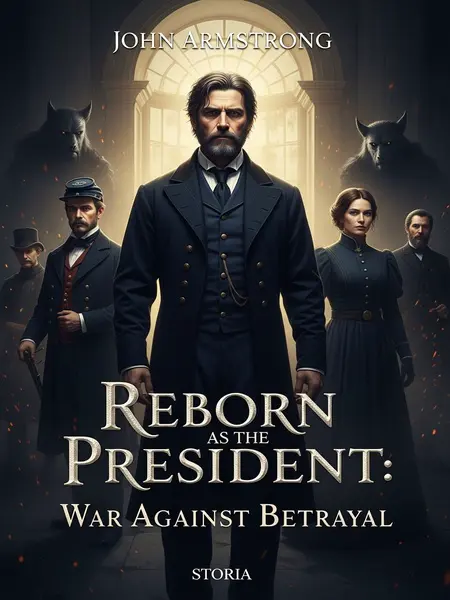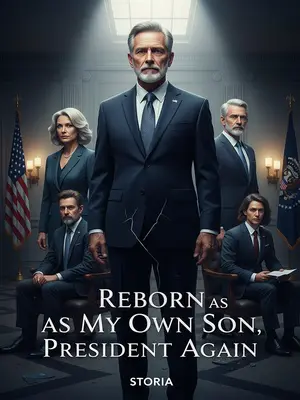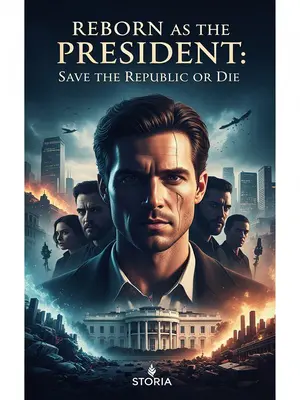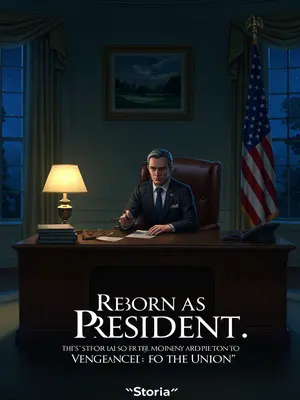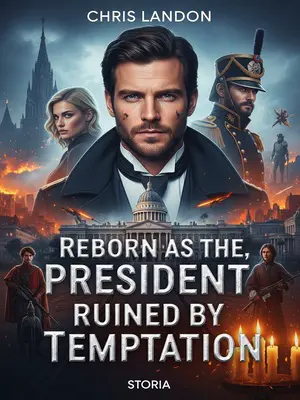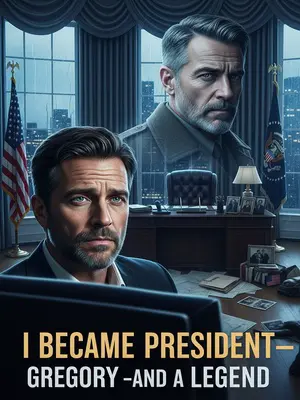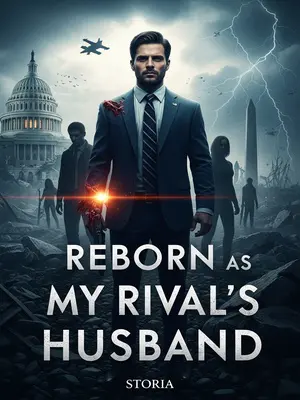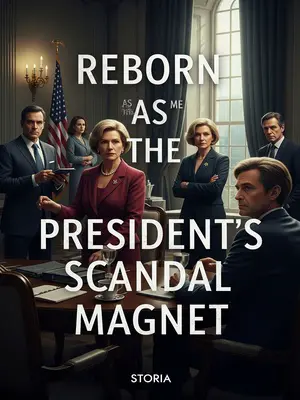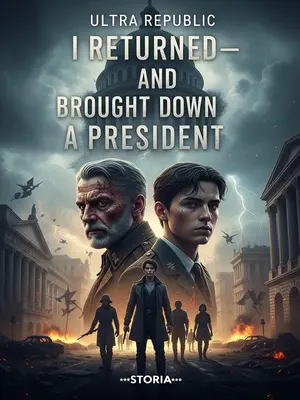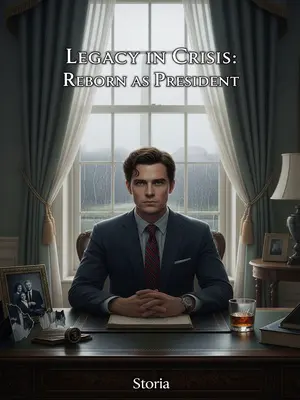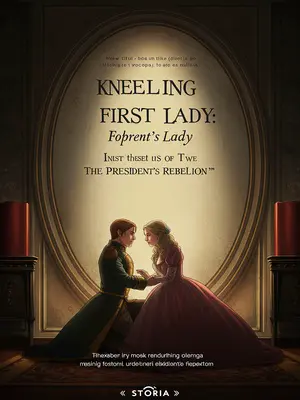Chapter 2: The Old General Rises
When news of the great defeat at the Mississippi reached Chicago, General Quinn let out a long sigh.
The telegram arrived at dawn, the city’s morning air carried the faint tang of Lake Michigan, streetcars clanging two blocks over, the world waking up to bad news. Quinn stood at the window of his modest house, the skyline of a growing city stretching before him, and felt the weight of defeat settle in his chest.
In his life, from the North to the Midwest, returning now with gray hair and a haggard face—he once led fifty men into a fifty-thousand-strong Confederate camp, captured traitors, and demanded justice…
He remembered the taste of trail dust, the sharp tang of blood on cold steel, the way hope could turn to fear in a single volley. The endless flash of blades, the soaring spirit—all still vivid, but that was forty years ago.
Joy in dreams, waking to sorrow.
Sixty-seven-year-old Quinn looked south, his white hair fluttering in the wind.
He stepped onto his porch, the chill biting through his uniform, the city’s pulse slowing in the cold. The wind tugged at the flag on his stoop, its stars and stripes faded from too many years in the sun.
With the autumn wind blowing, Quinn could sense that something within him faded along with this great defeat. He thought perhaps his old ailments would take advantage, and with nothing left to hope for, he might not have many years left.
He ran his hand along the porch rail, feeling the roughness beneath his palm, the cracks left by a thousand storms. The thought of dying with the Union in shambles gnawed at him, deeper than any wound.
Decades later, how would the country speak of me?
Was it all just barroom speeches and empty toasts to freedom? What did I really leave behind?
Quinn sighed again: “The late autumn wind is truly cold.”
The words drifted into the empty street, lost in the rustle of fallen leaves. Somewhere a dog barked, echoing the loneliness in his heart.
He took down the saber hanging on the wall, set aside the letter from afar, his chest filled with countless sorrows and desolation. While he could still wield a blade, he would let his remaining blood flow into the autumn wind.
The saber was heavy in his hands—a relic of earlier battles, the hilt worn smooth by calluses and sweat. He ran his thumb along the inscription, a quiet vow to himself that as long as he could fight, he would not give up the field.
But he did not expect that just as he stepped out onto the porch, urgent hoofbeats sounded outside the gate.
The horse’s hooves clattered on the cobblestones, sending up muddy spray that splattered Quinn’s boots. The doorman had no time to announce; a rider charged in, leaping off the horse with clean movements, and said solemnly to Quinn: “An urgent executive order, General Quinn, please receive the president’s message.”
Mud splattered across the walkway as the rider pulled up, breath fogging in the cold air. The doorman, an old Irishman named Murphy, blinked in shock, hat in hand, as the young officer saluted smartly.
The doorman who followed was stunned and turned to look at Quinn.
Quinn frowned, stepped forward, and said: “I’m here.”
The rider produced a piece of yellowed parchment and read: “General Quinn is ordered to hurry to the front lines, bring the Iron Horse Brigade back to the capital, guard the president, and purge the government.”
The air thickened, the wind pausing as Quinn processed the words. He could feel the pulse of the city shift, as if all Chicago was listening for his answer.
Quinn frowned, did not immediately accept the order, but asked: “Is this the president’s will, or Secretary Tuttle’s?”
The man showed his badge, saying he was an officer of the White House Security Office, and of course it was the president’s will.
The badge gleamed, polished and official. Quinn narrowed his eyes, years of suspicion and hard-earned caution warring with the hope flickering in his chest.
Quinn chuckled. He was no gentle, obedient officer; to train the Iron Horse Brigade, he’d even detained government auditors. In a foul mood today, in old age, he feared nothing.
He leaned on his cane, his gaze sharp. “You don’t scare easy, do you, son?” The rider met his stare, unflinching. A flicker of respect passed between them.
“The president has long neglected state affairs. He still knows I, Quinn, have trained the Iron Horse Brigade? Just say it—Tuttle wants me to lead troops into the capital, for what purpose?”
The officer looked Quinn up and down, then took out a letter: “The president guessed you would doubt, so he wrote this for you.”
Quinn: “…”
No way, does the president know me so well, even predict my reaction?
Quinn took the letter, and his face changed dramatically after reading just one line.
[William West in the Rockies has betrayed us, about to cede four counties, splitting the land as governor.]
The West family had guarded the Rockies for three generations—what was William West thinking? Throwing away eighty years of reputation?
Quinn’s jaw clenched. He thought of the West family’s old ranch house, the family Bible on the mantle, all those Christmases and funerals with the same men—now, all for nothing?
Reading further, Quinn’s eyelids twitched wildly.
[All Plains tribes are unified, Grey Wolf rises in the West. As you once said, when the Confederates perish, America’s worries will only increase. Now the Confederates have not yet perished, but the great calamity has arrived.]
Damn, only now do you believe me—what were you doing before?
I’m already sixty-seven, how many years do I have left? Can I still sweep away the invaders and stand at Gettysburg?
Quinn couldn’t help but grumble inside, but his heart beat ever faster. The old passion and spirit lost in the Northern Campaign’s defeat now surged back into him.
Perhaps it’s too late, but the president finally trusts me.
When he read the next few lines, Quinn felt even the autumn wind stopped.
The world fell silent; Quinn seemed to see Armstrong standing before him, spirit soaring to the heavens, pointing to the rivers and mountains.
[The great calamity is coming, time waits for no one. This Northern Campaign may be rushed, but the Union can only win, not lose. I will personally go to the Rockies to deal with West and take command of the army. But everyone in the cabinet speaks of peace, their vision short-sighted, and will never let me lead a campaign in person.
Of all those who dare, with loyal courage, to slay traitors and save the day among thousands of troops, who but you besides me?
Let the bright moon shine for you, illuminating your icy heart. Now is the time to draw the long sword for a thousand miles. May I ask, is General Lee old, can he still fight?]
The words struck like cannon fire, a call to arms echoing through the decades. Quinn’s hands shook, not from age, but from the weight of hope, of a second chance.
(Note: “Is General Lee old, can he still fight?” references a famous story of the general proving he was still capable by eating a full meal, thus showing he could still serve in battle.)
After reading, it was as if the moon had set beyond the western window, washing away a thousand mountains.
Quinn held the letter, his vision blurred for some reason. He wiped his eyes and couldn’t help but chuckle softly.
Still, I’m old. Twenty years ago, I would never have cried so easily.
He hid his face for a moment, the rough skin of his palm catching a tear. The shame faded quickly, replaced by something fiercer—a hunger for the fight.
After this soft laugh, waves of pent-up emotion surged in Quinn’s chest, pushing him, rushing at him, until his laughter turned into wild, unrestrained laughter.
He laughed at the president’s audacity and unconventional ways; laughed at himself for waiting a lifetime and finally getting a chance; laughed that all the war strategies were replaced by books on farming; laughed that old friends were few, those who marched south with him now buried in the heartland, never to return home.
So the laughter turned to weeping, echoing across the desolate roads of America, reverberating through the hardships of the nation. The white-haired old general, holding a letter, stood alone outside the battlefield of his youth, his weeping desolate and sorrowful, lingering for a long time.
His voice carried down the block, past tenements and ten-cent beer halls, past children playing in puddles and old women shaking rugs. For once, no one interrupted—everyone knew loss, these days.
The officer, the messenger, sighed, and the Quinn family’s doorman wept along.
Even Murphy, who’d fought in his own wars, wiped his eyes with the back of his hand, silent tribute to the old general’s pain.
After a while, Quinn knelt down, holding Armstrong’s letter above his head. He spoke forcefully, each word like steel and stone, venting forty years of frustration.
“I, your subject, accept the order with gratitude!”
He raised the letter as if it were a holy relic, voice echoing across the porch. For a moment, time seemed to bend, the city pausing to witness his vow.
